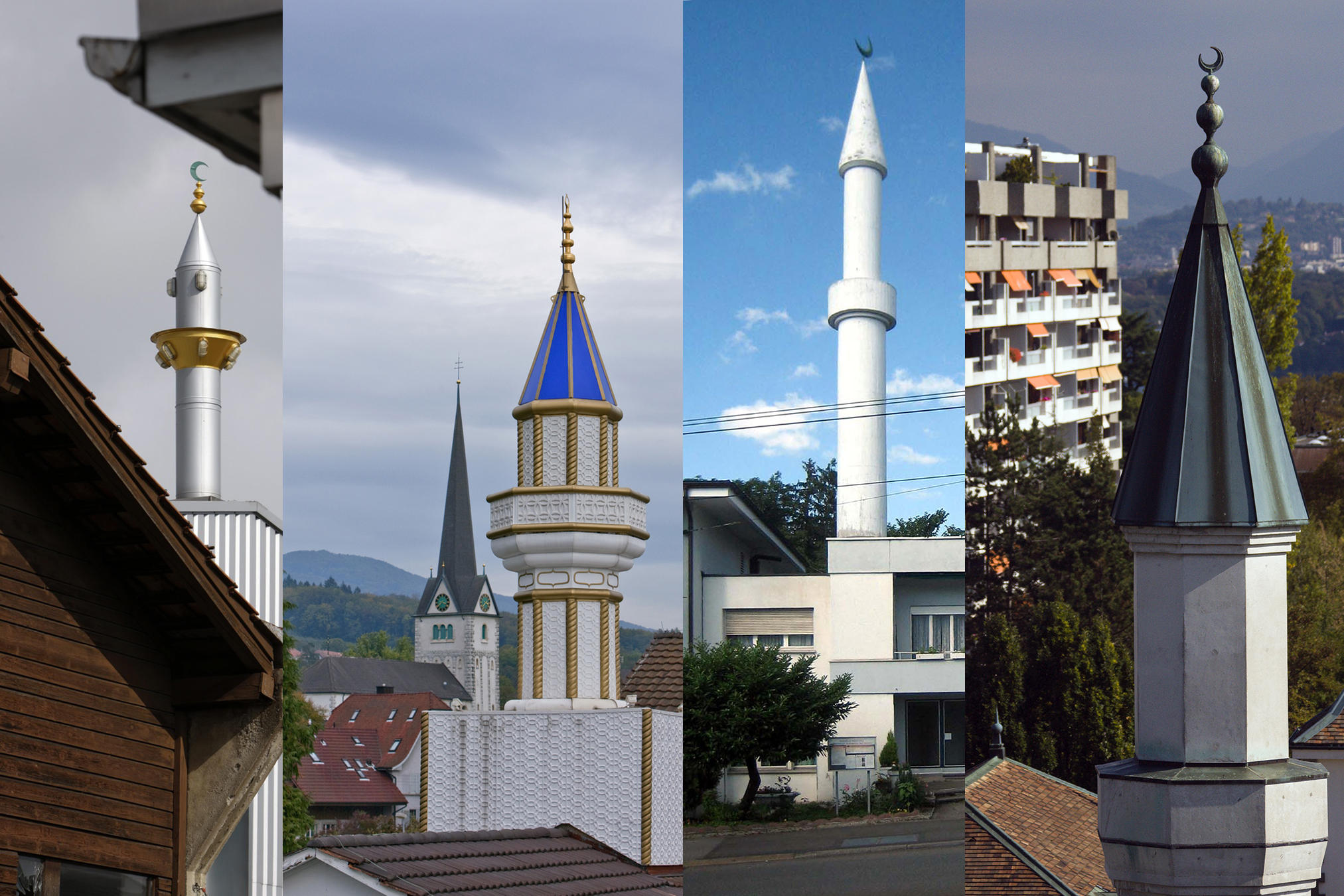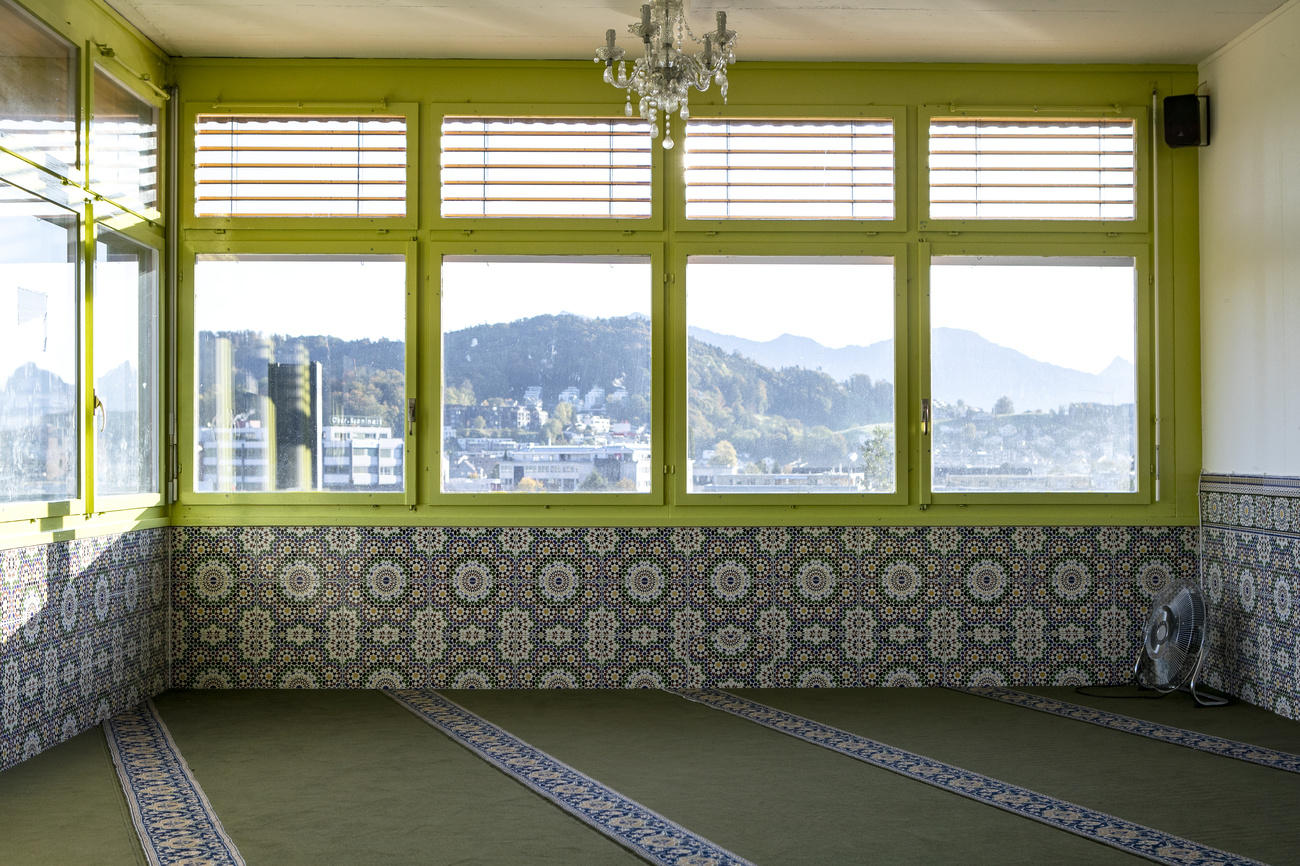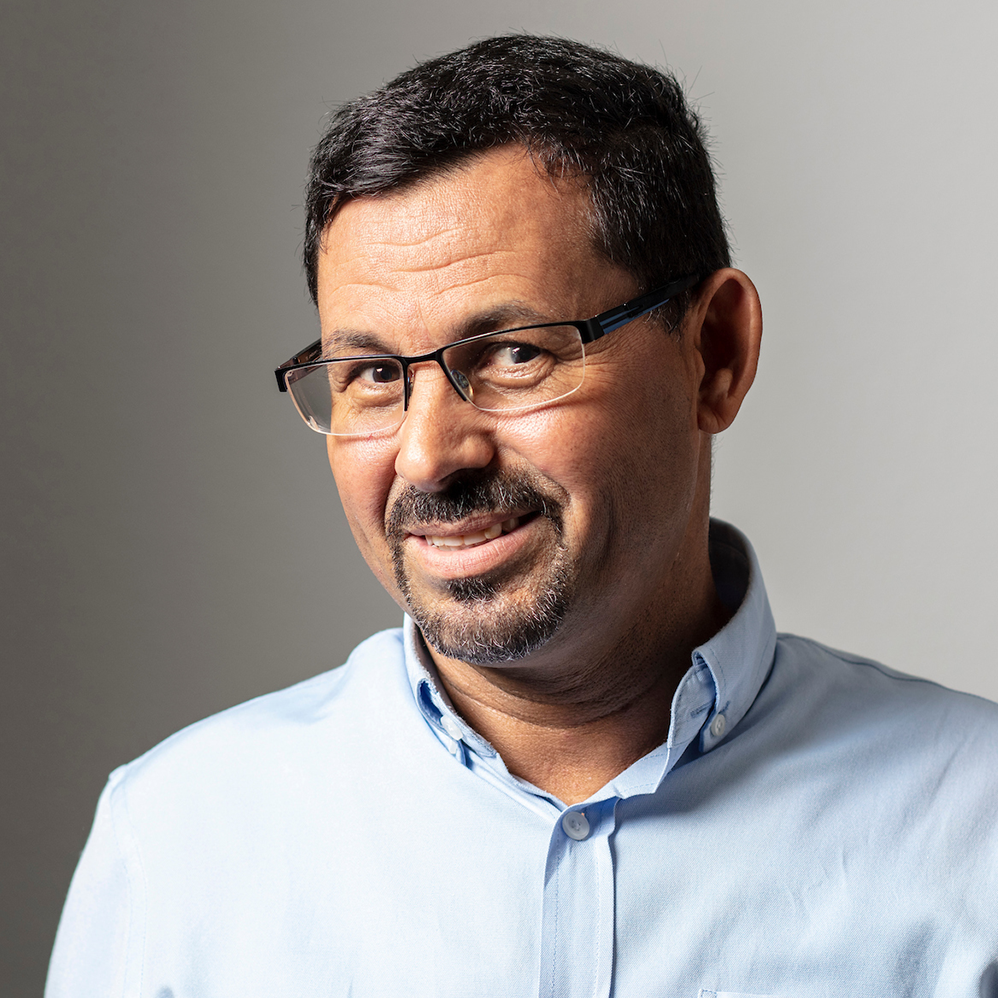Switzerland’s controversial minaret ban, ten years on

A decade ago, a majority of Swiss voters backed a people’s initiative banning the building of minarets in the country. What has changed since?
The people’s initiative was accepted by 57.5% of Swiss voters, even though most politicians, church leaders and Islamic organisations inside and outside Switzerland were against it.
Only the right-wing Swiss People’s Party and the Christian-conservative Federal Democratic Union backed the idea. For them, minarets were symbols of the religious and political rise of Islam.

More
How Swiss direct democracy works
The “yes” vote was a political sensation that nobody had anticipated.
A decade after the decision, the number of Muslims in Switzerland continues to grow, while the building of mosques – minus minarets – has continued in some cantons.
Indeed, Islam, while not an official state-recognised religion in Switzerland, is the country’s third-biggest faith. However, the community of almost 450,000 believers is very mixed when it comes to origins and attitudes towards faith. About 350 associations represent Muslims’ interests, while preachers operate in some 300 prayer-houses. Four of these have minarets.
In the wake of the minaret ban two cantons have also voted to ban the wearing of burkas. A similar, national “burka ban” initiative is in the works, though observers say it has little chance of being accepted.

More
Swiss against Islam as an official religion
Arguments at the time
Ten years ago, the proponents of the people’s initiative over minarets argued that a ban on constructing them in Switzerland “would prevent the further spread of Islam in the country”. They said that minarets had “no religious function” and that the Koran “contained no reference to minarets”. They also claimed there were thousands of minaret-less mosques throughout the world and that such a ban would not prevent Muslims from practising their religion.
Overall, they hoped that the initiative would halt what they saw as a “creeping Islamisation”.
On the other hand, leading members of the Federation of Islamic Organisations in Switzerland and the Coordination of Islamic Organisations in Switzerland said they refused to be used as pawns in a battle waged by right-wing extremists.
The Conference of Swiss Bishops also declared that a full ban on minaret construction would harm efforts to develop a dialogue of mutual acceptance and respect between religions.
The government reckoned that the initiative was not necessary and said that urban planning laws already enforced part of what the initiative was trying to achieve.
Most Muslims in Switzerland are of ex-Yugoslavian origin. One-fifth have Turkish roots. As a share of the population they represent 4.5%, double the proportion in 1990.

More
‘Importing’ foreign-trained imams can cause problems
Tranlated from German by Domhnall O’Sullivan, swissinfo.ch

In compliance with the JTI standards
More: SWI swissinfo.ch certified by the Journalism Trust Initiative













You can find an overview of ongoing debates with our journalists here . Please join us!
If you want to start a conversation about a topic raised in this article or want to report factual errors, email us at english@swissinfo.ch.